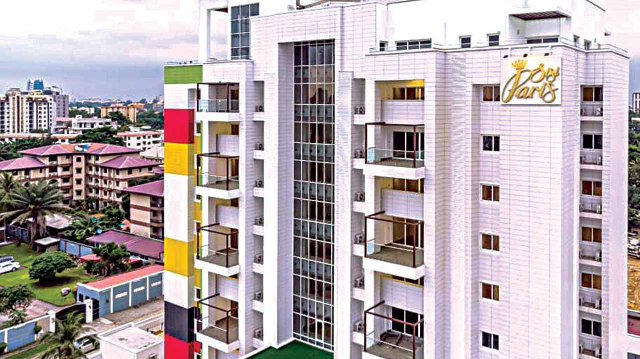Recent data from the National Bureau of Statistics (NBS) reveals a significant surge in transportation costs, with inter-city bus fares soaring by over 20% compared to the previous year. This escalation, outlined in the Transport Fare Watch report, sheds light on the growing financial burden faced by commuters across specified routes.
According to the report, the average fare paid by air passengers for designated routes surged by 20.53% year-on-year, reaching N89,975.68 in January 2024, up from N74,648.65 in the same period of 2023. Moreover, the month-on-month increase stood at five per cent, indicating a notable escalation within a short span.
The cost of intercity bus journeys experienced a similar upward trajectory, with commuters witnessing a 6.72% increase per drop, amounting to N963.38 in January 2024 compared to N902.70 in December 2023. Within city limits, the average fare for bus journeys per drop also rose by 0.94% month-on-month, reaching N650.70 in January 2024.
Year-on-year comparisons highlight a staggering 48.03% increase in city bus fares from January 2023, indicating a sustained financial strain on urban commuters.
For intercity bus travel, the average fare per drop surged to N7,577.03 in January 2024, representing a 2.36% increase compared to December 2023 figures. Similarly, Okada transportation costs witnessed an 8.69% rise to N456.22 in January 2024 from N419.73 in the prior month.
The report attributes these escalations to various economic factors, notably the removal of petrol subsidies by President Bola Tinubu at the end of May 2023. This policy change has exerted significant upward pressure on transport fares nationwide, amplifying the financial burden on commuters.
Waterway passenger transportation also experienced a notable increase, with average fares rising to N1,402.84 in January 2024, marking a 1.16% monthly rise and a substantial 35.82% surge year-on-year.
As transportation costs continue to climb, concerns mount over the impact on household budgets and economic activities. The NBS data underscores the urgent need for strategic interventions to mitigate the financial strain on commuters and ensure the sustainability of transportation networks amidst evolving economic landscapes.












